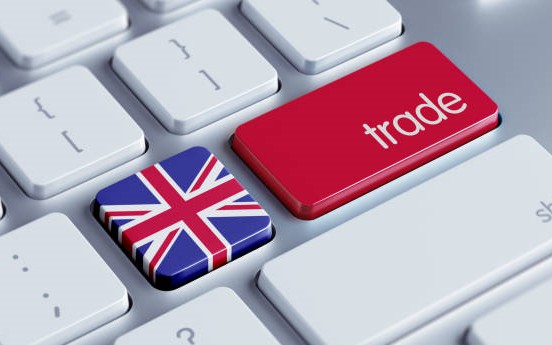
How will Brexit affect Britain’s trade with Europe?
Recently, the pound to dollar exchange rate has continued to fall since September 9. It turned out that the transitional period of Brexit was approaching. The announcement of the Internal Market Act by the British government caused huge controversy. The pound was also subject to huge shocks. With less than four months left in the transition period in Europe, what should we pay attention to when exporting?
“Brexit” waves continue, what should we pay attention to when exporting to the UK?
There are less than 4 months before the official transition period for Britain’s exit from the European Union ends. The current signs indicate that the United Kingdom may adopt a “No-deal Brexit”. Cargo owners and forwarders will also face tariff changes, lengthy customs clearance procedures, shipping congestion, and other issues. The Organization for Economic Cooperation and Development (OECD) research found that Brexit will cause freight transaction costs to increase up to 24% of the value of goods.
What impact will Brexit have on shippers and forwarders?
- The EU custom tariff is no longer applicable
The regional integration of the European Union is in the nature of a customs union. It sets common tariffs externally and realizes trade liberalization internally. It means that member states transfer tariff-setting power to the European Union and cannot independently negotiate trade agreements with other countries outside the Union.
After Brexit, the Sino-British trade will operate in accordance with the rules of the World Trade Organization (WTO), and the UK will make adjustments to the Sino-British trade policy according to its own national conditions.
- Customs clearance between the EU and the UK becomes complicated
Under the original EU unified customs system, import and export to the EU do not need to undergo repeated customs clearance and taxation procedures. After Brexit, there will be an independent customs operation system between the UK and the EU. The original EU unified HS system will inevitably change, and the customs clearance procedures for goods passing through both parties will be much more complicated than before.
- The AEO mutual recognition between China Customs and the EU is affected
After Brexit, even if the UK postponed the AEO mutual recognition between the EU and China, the two countries still have to sign a separate mutual recognition agreement, which is the most ideal result. If the British Customs and the Chinese Customs have differences in negotiations, the two parties will have to restart the negotiations, leading to the disappearance of the previous customs dividend.
- The EORI number will become invalid in the EU
The EORI number is a necessary registration number for all economic activities in EU countries, especially for enterprises with import and export business, and is used to identify each import and export trade declared by enterprises, traders, or individuals. As long as the number is registered in the customs of the country where the company belongs, it will be used throughout the EU.
- British ports will usher in massive delays in port congestion
After Brexit, British truck drivers will be subject to the 1968 Vienna Convention on Road Traffic, and the transport capacity will be greatly reduced, leading to an increase in road transport prices.
Faced with this situation, how should shippers and freight forwarders respond?
- Keep an eye on the latest news and adjust freight arrangements in time
- Apply for EORI in EU countries as soon as possible
Many shippers used to have an EORI starting with GB to solve the entire European customs clearance problem. The EORI number of EU countries is universal and unique, but GB is not working now. It is necessary to apply for the EORI of EU countries as soon as possible. For example, the German market is relatively large. It is recommended to apply for German EORI, which starts with DE. Of course, each company has its own Focus, you can choose which country to apply for.



